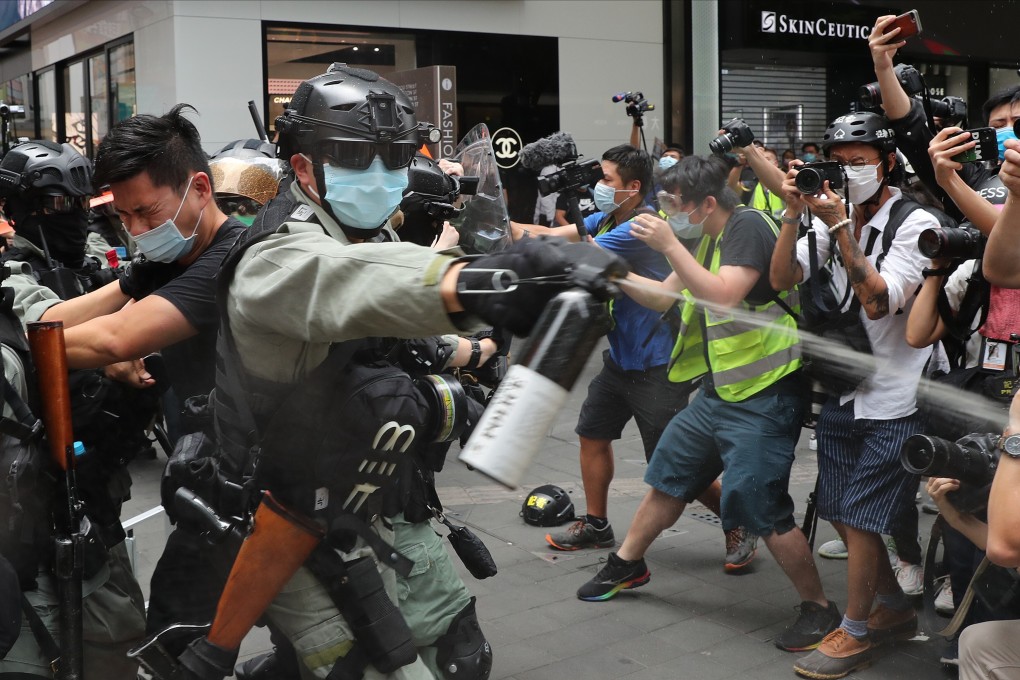Advertisement
Letters | Hong Kong after the protests: divided city can’t heal if we can’t talk to each other
- The social fabric of our city has been ripped apart as people on both sides have been whipped into a frenzy and are no longer capable of trusting each other
- We must return to seeing reason and embracing logic, even if we do not ultimately agree
Reading Time:2 minutes
Why you can trust SCMP

Most ordinary citizens like myself are unlikely to be the direct target of Hong Kong’s new national security law, although I do recognise the chilling effect it may have. However, I worry more about the future of public discourse in Hong Kong. Have we lost our ability to engage in meaningful conversations? If we are unable to engage in constructive public discussions, what is left? Tribalism? Numbness? Social Darwinism?
Hong Kong went through a year where reason was thrown out by both political camps in favour of their ideology. Identity politics was played up so much it poisoned our perception of the issues. Different versions of facts were received, based on one’s political orientation.
As a result, the social fabric in Hong Kong was ripped apart. Examples of the collapse of reason are abundant. Do we really want a city without an effective police force? Do we really think millions of Hong Kong citizens who initially took their grievances with the administration to the streets are mindless fools controlled by foreign forces? And yet, so many of us believed that.
Advertisement
These unexamined beliefs in turn cultivated massive amounts of fake news and fearmongering. We no longer had a shared foundation of facts. We each had our own reference of truths and looked at each other through the lens of distorted subjectivity. Mistrust runs so deep that a few pictures online can easily rile us up and set off another cycle of revenge.
The real danger of this political environment extends beyond the scenes of protests. A perception of injustice and loss breeds unpredictable violence and instability. Lack of predictability further cultivates extreme pre-emptive measures and deeper mistrust.

02:19
Hong Kong national security law leaves ‘Lennon Walls’ in restaurants blank, protest posters out
Hong Kong national security law leaves ‘Lennon Walls’ in restaurants blank, protest posters out
Advertisement
Select Voice
Choose your listening speed
Get through articles 2x faster
1.25x
250 WPM
Slow
Average
Fast
1.25x